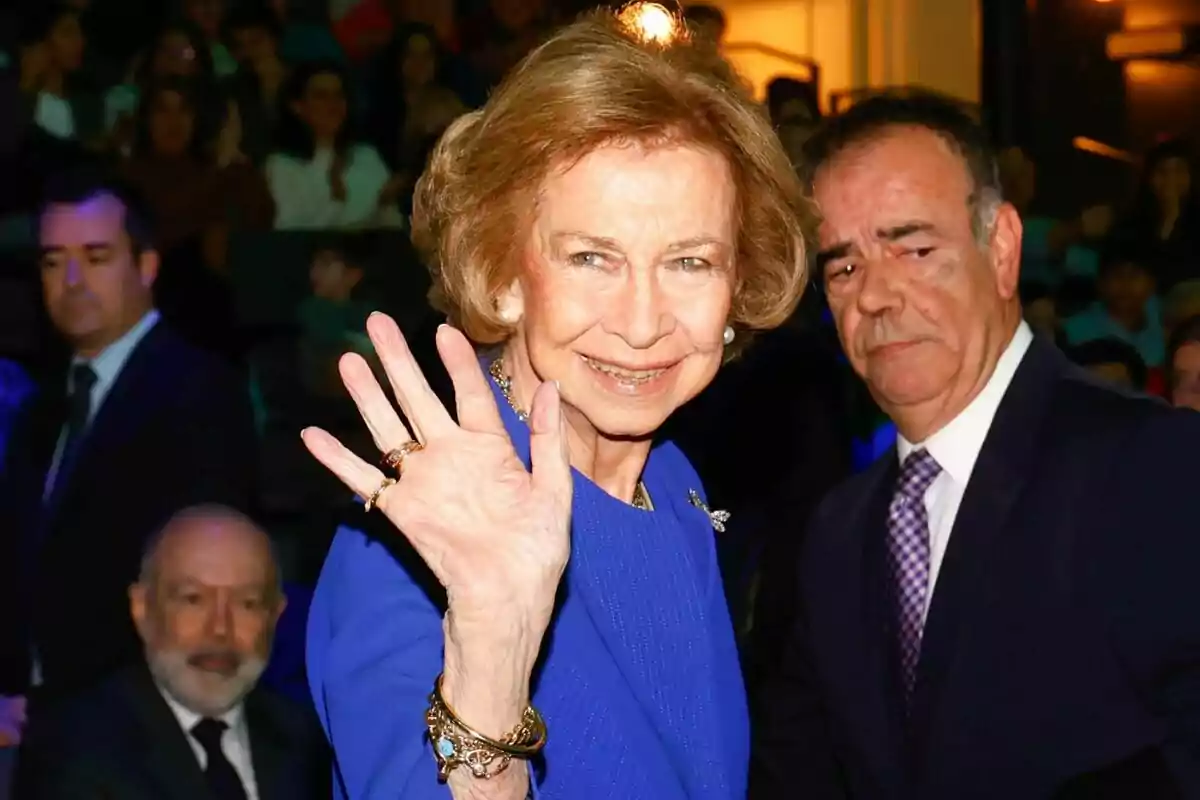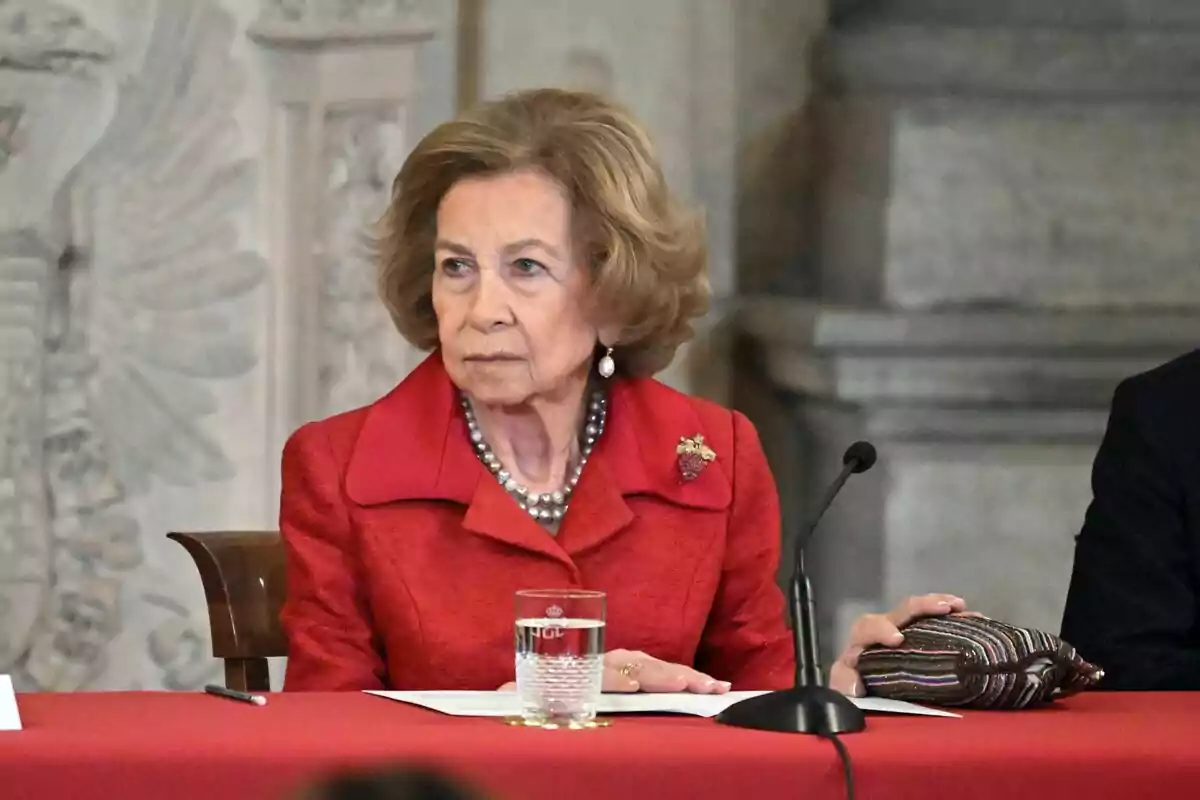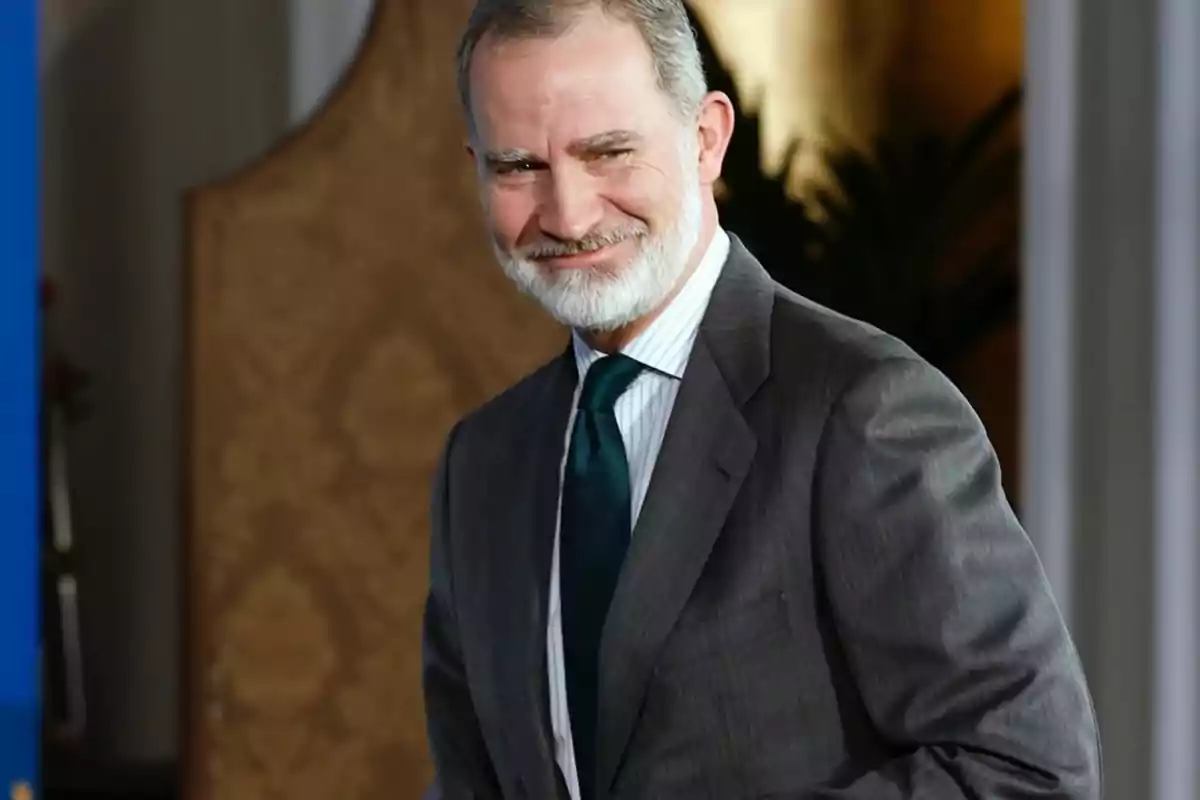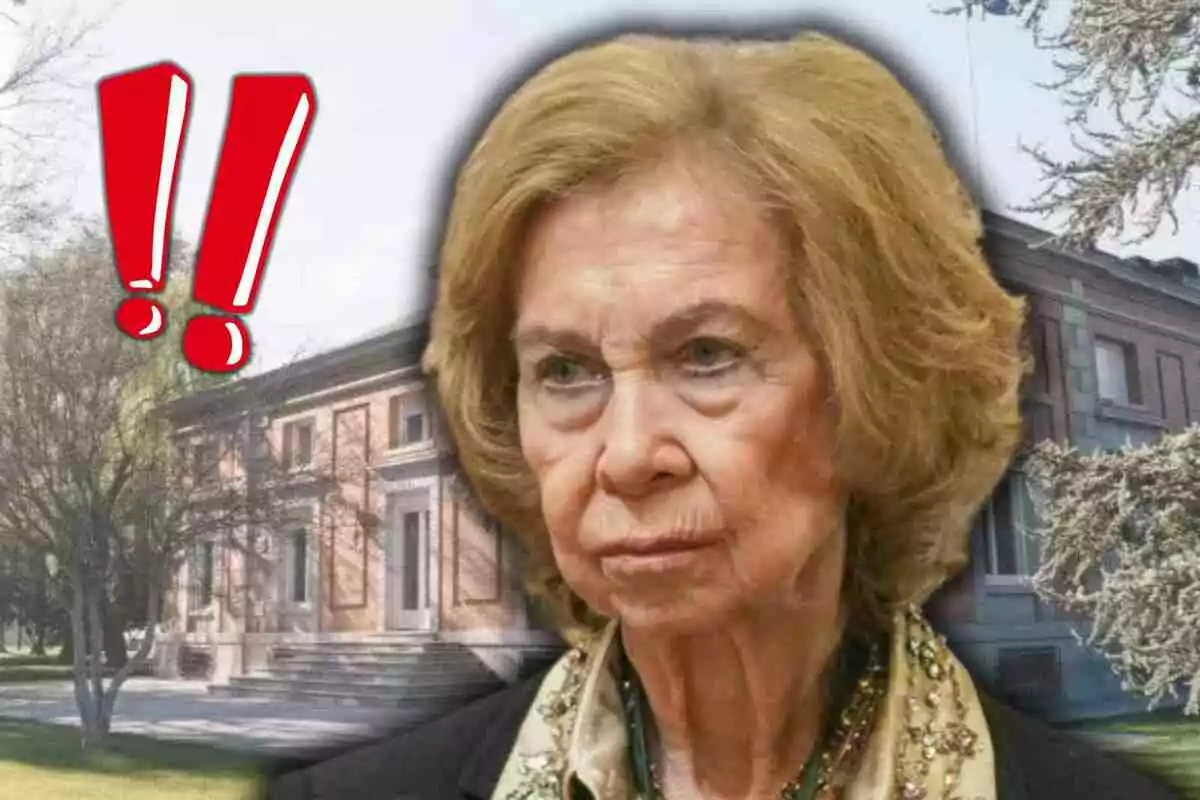The Spanish monarchy is going through a period in which they seek to project transparency and renewal. In this context, there are figures who remain key to understanding its present and future. Among them, Queen Sofía stands out.
Her role, always discreet but deeply influential, has left an important mark on the country's recent history. Now, she becomes a key piece in a matter that raises many suspicions: inheritance and money in the Royal Household.

What will happen with Queen Sofía's inheritance?
The emeritus queen, who has dedicated her life to public service since 1975, is aging amid national recognition. At the same time, there is a debate that is starting to grow stronger: What will happen to her fortune?
In addition to being a present mother in all the institution's key moments, Sofía has been a reference figure for her son. For him, she has always represented an essential pillar. Their relationship has been based on respect, trust, and deep admiration.
That's why King Felipe has never hesitated to keep her within the institutional structure. However, the passage of time doesn't stop. The queen's old age, along with Juan Carlos's, has reignited the conversation about royal inheritances and the fate of their fortunes.

In the case of the emeritus, the capital is estimated at more than 2.2 billion euros (2,000,000,000 euros), according to The New York Times. Far from coming solely from his time as king, it is believed that a large part of that wealth was accumulated thanks to favors.
Amid suspicions and with the aim of avoiding legal complications, most of the funds that could correspond to the emeritus are being transferred to Infantas Cristina and Elena. For this, a foundation that he himself created in Abu Dhabi is used.

King Felipe could become a billionaire
Felipe VI, meanwhile, has wanted to set himself apart. He publicly renounced receiving any gain derived from his father's fortune. This gesture was interpreted as a show of commitment to transparency and legality.
The case of Sofía, however, is different, since her fortune is more discreet, though not smaller. Sofía's inheritance is an important factor in this scenario. Her official allocation is more than 120,000 euros per year, but her assets also come from family property.
The most relevant thing is that the king has not renounced the possibility of receiving what his mother may bequeath to him. If that happens, Felipe could see his economic position notably strengthened.

The inheritance, which includes funds both from the Greek family and from the assets accumulated during her marriage to Juan Carlos, represents a considerable sum. If it materializes, it could turn Letizia's husband into a billionaire in the future.
The fate of Queen Sofía's inheritance opens an important debate about the economic future and public perception of the Spanish monarchy. In any case, this is a chapter that has yet to be written.

